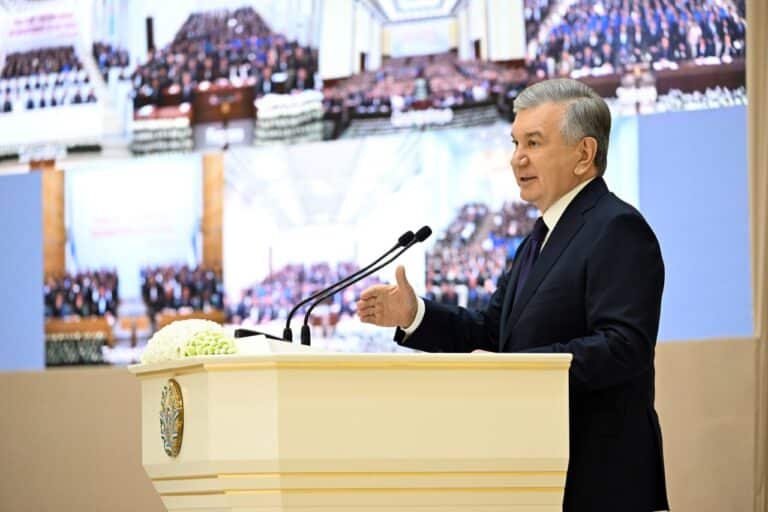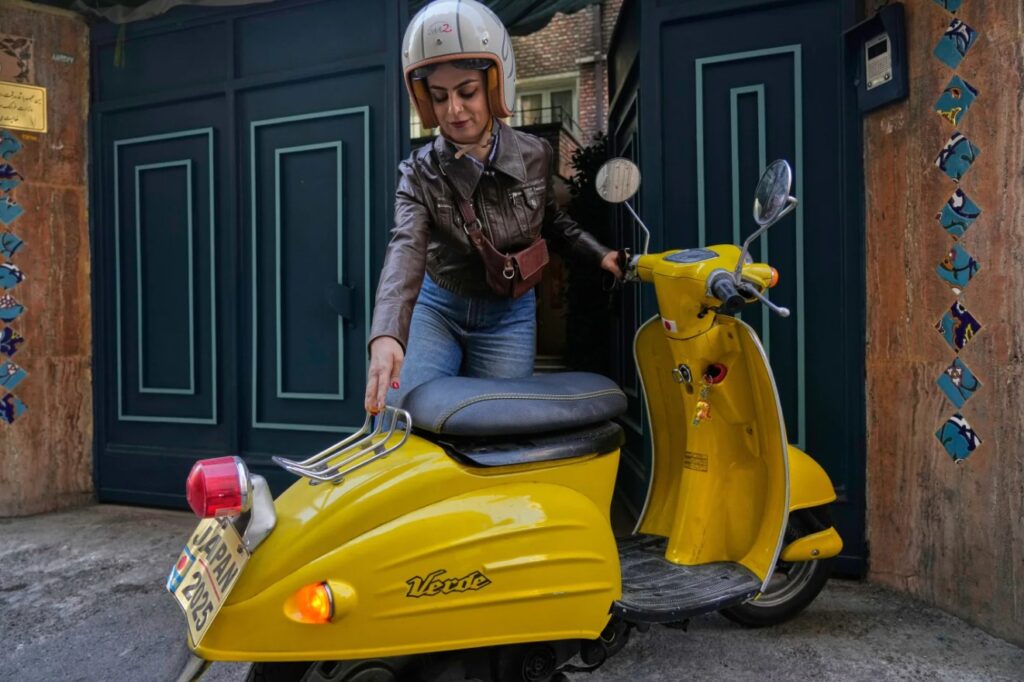
Women riding motorbikes through the streets of Tehran have become a striking new symbol of Iran’s slow but visible social transformation, challenging decades of conservative restrictions.
For Merat Behnam, 38, commuting to her café on a yellow scooter once seemed unthinkable. Riding without a motorcycle license, which Iranian law grants only to men, she expected harassment or arrest. Instead, she says, public reactions have largely been supportive.
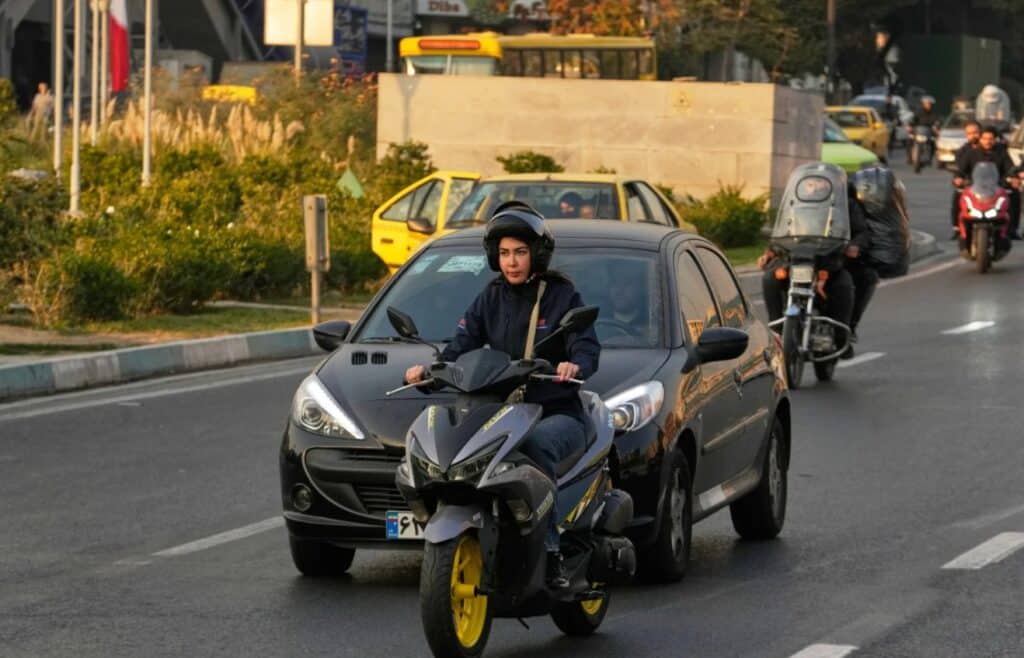
«Gradually, the way people treated me encouraged me a lot,» she told the Associated Press.
Police still warn that women riding motorcycles is illegal, and hard-line clerics call it «tabarruj,» or immodest public display. Yet more women are choosing scooters to avoid Tehran’s heavy traffic and costly congestion charges, quietly defying cultural taboos.
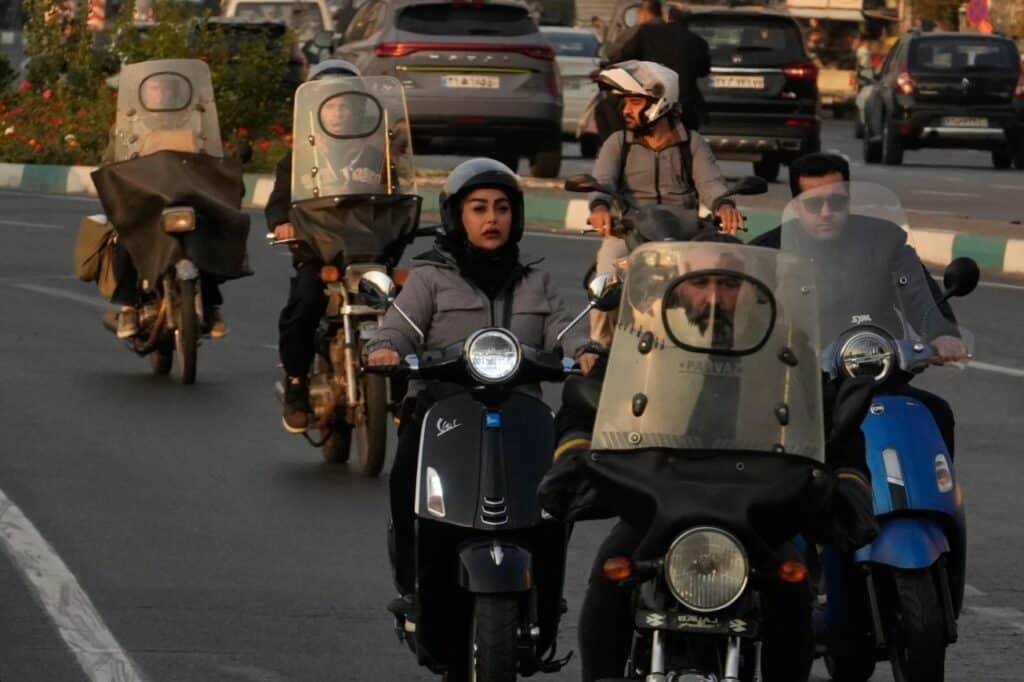
Reformist voices, including the Shargh newspaper, have urged legal change, calling female riders a «symbol of choice and independence.» President Masoud Pezeshkian’s government has hinted at revising licensing rules, though hardliners continue to resist.
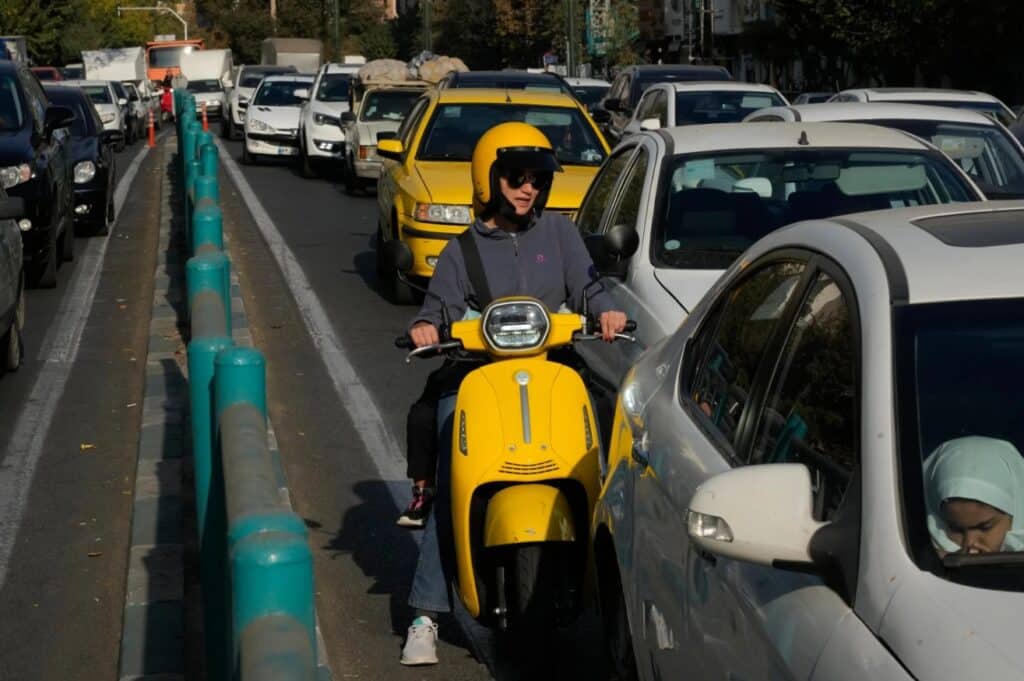
For Behnam and others, the act of riding is more practical than political — but in Iran’s evolving society, it has become both.












